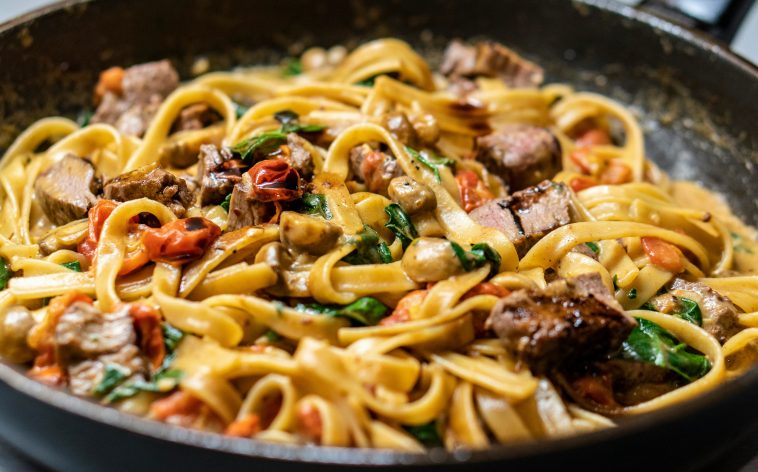Introduction:
American barbecue is more than just a method of cooking; it’s a cultural institution deeply ingrained in the fabric of the nation. From backyard cookouts to bustling barbecue joints, the aroma of smoking meats and the sound of sizzling grills evoke feelings of nostalgia, community, and culinary delight. In this article, we explore the cultural significance of American barbecue, tracing its roots, celebrating its diversity, and examining its role as a symbol of unity and tradition across the United States.
Roots in History:
The story of American barbecue begins centuries ago, with indigenous peoples cooking meats over open flames for communal gatherings and celebrations. European settlers later adopted and adapted these cooking techniques, laying the foundation for what would become a beloved culinary tradition.
Barbecue quickly became a symbol of hospitality and community, with neighbors coming together to share food, stories, and laughter around the fire. As the nation expanded westward, barbecue evolved alongside it, incorporating new ingredients, flavors, and cooking styles from diverse cultural influences.
Regional Diversity:
One of the most striking aspects of American barbecue is its regional diversity, with each part of the country boasting its own unique barbecue traditions and flavors. From the tangy vinegar sauces of the Carolinas to the smoky brisket of Texas, barbecue reflects the rich tapestry of American culture.
In the Carolinas, whole hogs are slow-roasted over pits and served with a variety of sauces, ranging from mustard-based to vinegar-pepper. In Texas, beef is king, with pitmasters specializing in brisket, ribs, and sausage smoked over mesquite or oak wood. Memphis is renowned for its dry-rubbed ribs and tangy tomato-based sauces, while Kansas City offers a melting pot of barbecue styles, incorporating elements from across the country.
Cultural Celebration:
Barbecue is more than just a meal; it’s a celebration of culture, tradition, and community. Barbecue joints serve as gathering places where people from all walks of life come together to enjoy good food and good company. Barbecue competitions and festivals draw enthusiasts from far and wide, offering a chance to showcase regional barbecue traditions and celebrate the art of smoking meats.
Beyond its culinary significance, barbecue holds a special place in American history and folklore. From Civil War-era pitmasters to legendary barbecue pioneers, the stories of barbecue and the people behind it are woven into the fabric of the nation’s identity.
Unity in Diversity:
In an increasingly divided world, barbecue has the power to bring people together, transcending cultural, political, and social barriers. Whether it’s a backyard cookout with friends or a roadside barbecue joint with strangers, the shared experience of enjoying smoked meats creates a sense of unity and camaraderie.
Barbecue also serves as a symbol of resilience and perseverance, with pitmasters and barbecue enthusiasts preserving and celebrating traditions passed down through generations. In a rapidly changing world, barbecue remains a constant, anchoring communities in shared values of hospitality, friendship, and good food.
Conclusion:
American barbecue is more than just a culinary tradition; it’s a cultural phenomenon that reflects the diversity, creativity, and resilience of the nation. From its humble beginnings to its modern-day incarnation, barbecue continues to evolve and adapt, while remaining true to its roots as a celebration of food, community, and tradition. As long as there are fires burning and meats smoking, the legacy of American barbecue will endure, bringing people together one delicious bite at a time.

